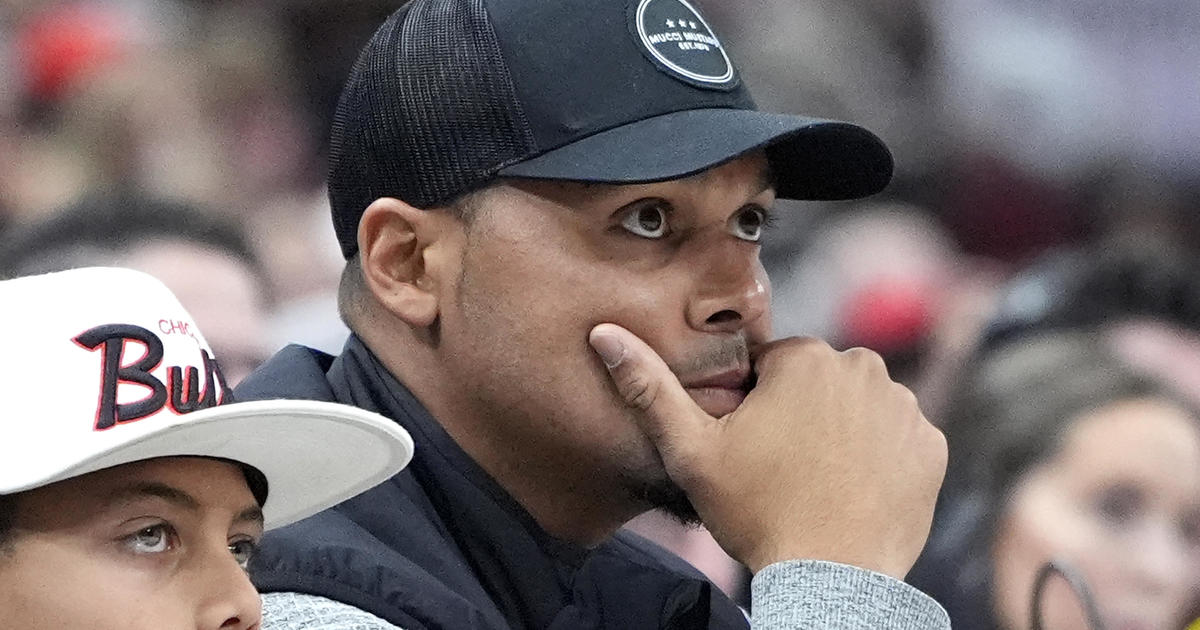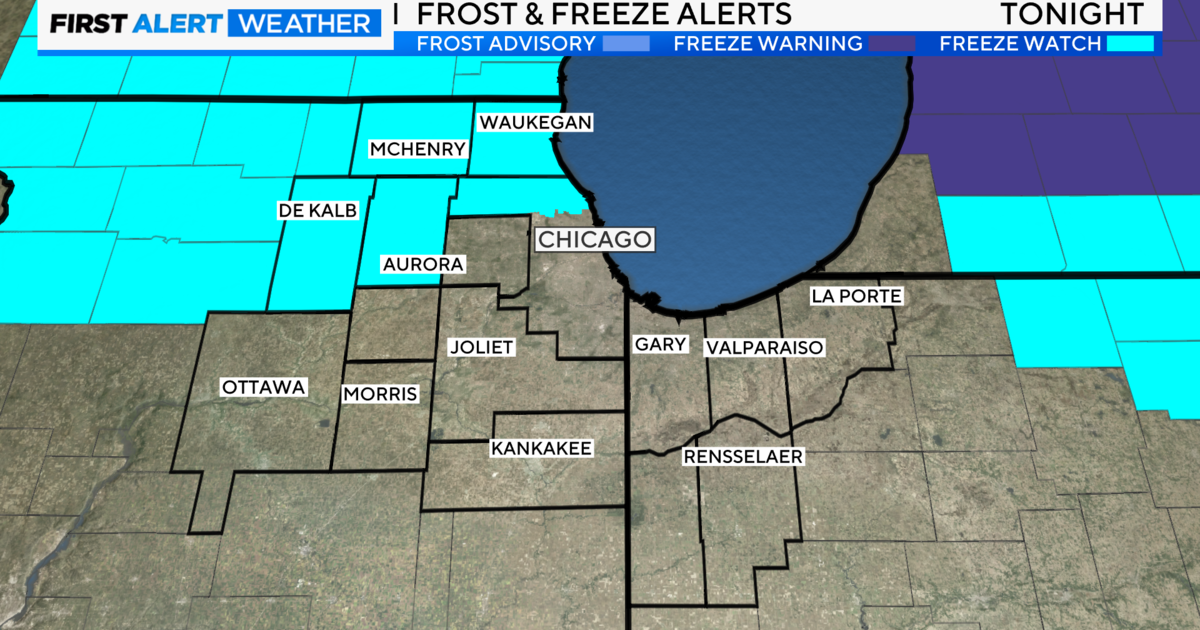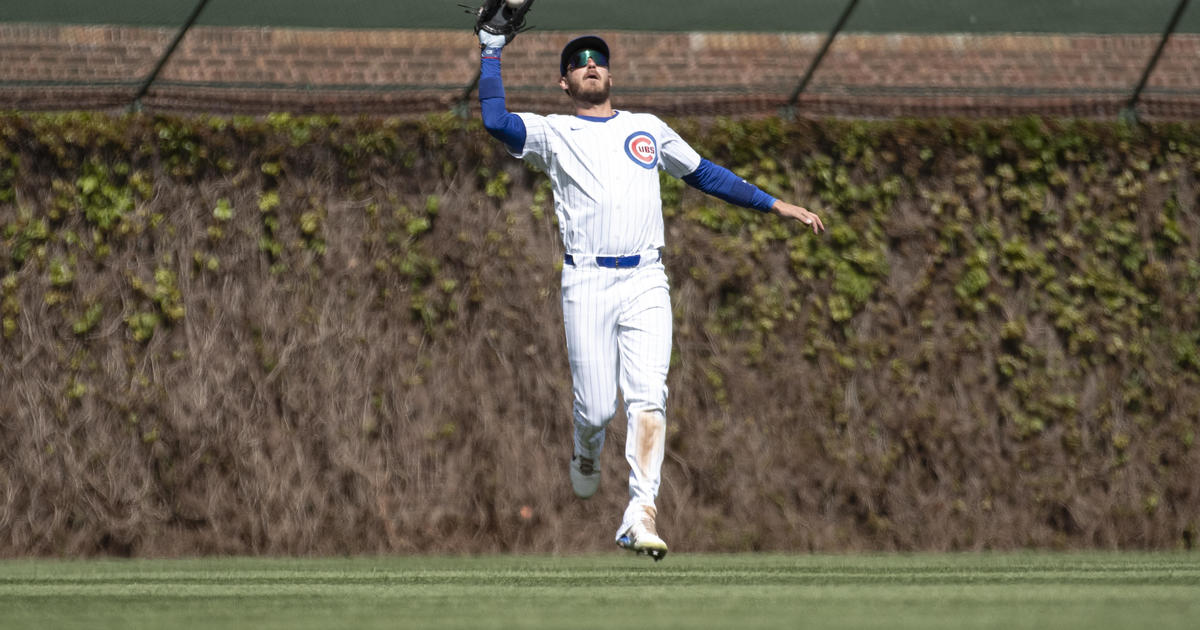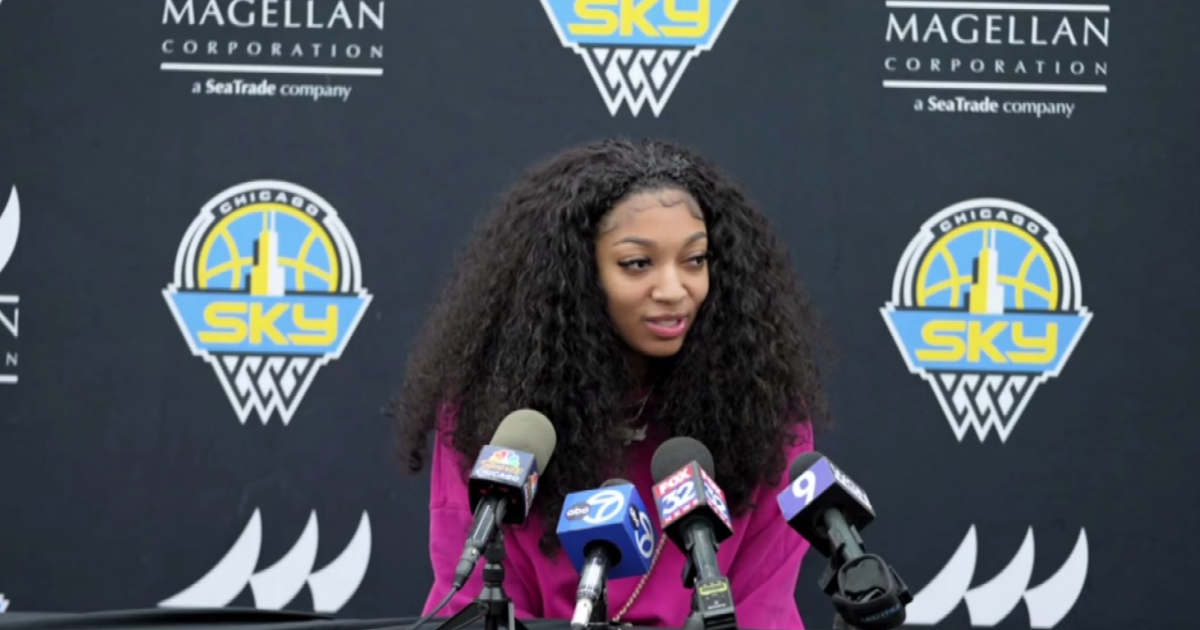Baffoe: Why Some Athletes Are Homophobes
By Tim Baffoe-
(CBS) Hey, it's Friday, which means that dozens of you are expecting to get a Ten Foot Mailbag that will inspire you to maybe get over your fear of leaving the house this weekend and interact with the non-Internet peoples. Well, it won't be a full blown mailbag this week because one question I received in particular has me thinking it needs a wider birth.
#TFMB combination of baseball woes and Jason Collins coming out-how bad a week is Yuniel Escobar having?—@bradjahnz
Yeah, Yuni is currently hitting .180/.234/.300 as of my key strokes, producing a fabulous -0.2 WAR, which means the Tampa Bay Rays would get more production from a (shudder) Cody Ransom.
And, yes, he is a homophobe, but maybe not in a "gays should all die" or "I'm going to e-mail Baffoe with some (not) revolutionary thoughts on why my own insecurities should justify bigotry" way.
I'm willing to hold out for the possibility that Escobar holds a more innocent—though still not condonable, as no one kind of homophobia is better than another—high school kid sort of prejudice toward gays. I see it firsthand and work against it constantly. Many young people use homophobic language (and that prejudicial toward other groups) often without malicious intent or even understanding that it's wrong. Bullying certainly is an epidemic in schools, particularly as it pertains to homosexual teens, but homophobia permeates adolescent culture beyond the overt or malicious. It's unfortunate, but I see it often as a product of environment rather than calculated hate.
Escobar is not nor never was an American teen, though. It's a bit extra disappointing that a guy who defected from an oppressive country like Cuba in such a harrowing story in order to drink in the freedoms and rights of the United States would belittle a group of people, intentionally or not. "One of the reasons he left Cuba," per Sporting News, "is that people judged him based on where he came from, and they said nobody good ever came from there. He wanted to be judged on his merits, nothing else." He and many other athletes need to see that everybody deserves such treatment.
The Rays shortstop was a child athlete, though, and one good enough to be paraded around by Cuba as representative of Marxist success from a young age. He is a product of a traveling baseball culture, one where the sport is one's life and everything else becomes secondary. Escobar and most Third Worlders who make a game a vocation (and hopefully an escape to the First World) become sequestered from real life—current events, social issues, etc.
Now take an American teen athlete, particularly one with aspirations of playing a sport beyond the high school level. He is afforded what is likely a better educational opportunity (I hesitate to say "education," because any kid only learns what he chooses to put an effort into learning) than a Latin American athlete, but otherwise sport is life.
Almost all pro athletes have been immersed in that sport 365 most of their cognitive lives. No college, or at least a major/courseload that doesn't exactly result in a cosmopolitan experience. Being actually educated requires thinking outside the box and considering differing points of view and experiences. The money involved in our sports puts all that in the back seat. Athletes' worldviews outside the game then have been on a singular track for years with almost no variety of influence or difference of opinion. A tacit culture of "different is bad" gets established early on. Mantras celebrating the importance of the team and the harm of individuality become religion. Different is individual. Gay is different.
Mix in the machismo of male sports and the natural desire for either alpha dog status through jokes, put downs, and incorrect conceptions of masculinity (or just a desire to be part of the alpha dog's click), and a groove is worn that becomes difficult to get out of—whether among a group of AAU hoopers, traveling hockey players, or a Cuban baseball team.
Products of such a system aren't then necessarily students of prejudice. It's just all they know. And what's worse is that the natural response when told what they've been used to all their lives—what adults in their lives have either imparted on them or at least condoned—is wrong is to resist or look to discredit. It's frightening observing what a general misunderstanding there is among so many people, particularly teens, of what prejudice actually is. One needs look no further than the wonderful yeoman's work of a Twitter account, @YesYoureRacist.
As its moderator, Logan Smith, has noted, "The most disturbing thing about @YesYoureRacist isn't the racism itself. It's that the people I retweet—the vast majority of which appear to be teenagers—genuinely don't understand whether they're being racist. It's a generation that never had to grow up during the times of Jim Crow, civil rights marches or apartheid, and has never been confronted by the institutional racism that older generations saw on a daily basis. As a result, many teens seem to think racism simply means active hatred of another race, and not the apparent prejudices and stereotypes displayed by the people I retweet."
Replacing "racist" with "homophobic" would work just the same. It never fails that I get puzzled looks when I tell two students who are engaged in otherwise innocent ball-busting to cease calling one another "fa - - ot." Or when I hear a student describe the upcoming test as "gay," and I replace the insult with his name to prove a point (which an ad campaign has now jumped on without any credit to me, damn it). It's become so comfortable to use certain slurs and insults as "harmless" conversational barbs that kids don't understand they're doing something wrong. That then permeates into adulthood if left unchecked, as I would guess is the case with Escobar and Mike Wallace and most other athletes who have made or will make dumb bigoted statements. The solution, then, is to not leave it unchecked. In much the same way rule changes have been implemented in youth sports to make them safer in hopes the grown-up games evolve—changing a culture of violence in hockey, for example—the prejudicial culture in sports needs to change from early on. Nipping the potential for treating others as less-thans starts with the young, and it's much more difficult to correct the older a person gets. Ad campaigns supported by leagues are a good start, and the flurry of pros that publicly supported the Jason Collins decision very much helps the cause to end ignorance. A star like Kobe Bryant calling out homophobic comments works, too.
Kids don't have a problem with people who are different until they "learn" to have a problem with them. Escobar and others athletes with foot-in-mouth disease are adults who are responsible for their stupidity in the end, but understanding where this comes from will do greater to prevent such unintentional hate than strictly condemning it. Change the culture and work to end ignorance early on, and perhaps someday this will hardly be an issue.
Thanks for emailing, tweeting, and reading. If your question did not get answered this time, that does not necessarily mean I am ignoring it. It may be saved for the next mailbag. Hopefully you're a slightly better person now than you were ten minutes ago. If not, your loss.
Want your questions answered in a future Mailbag? Email them to tenfootmailbag@gmail.com or tweet them with the hashtag #TFMB. No question, sports or otherwise, is off limits. (With certain logistical exceptions, e.g. lots of naughty words or you type in Portuguese or you solicit my death. That's my old Twitter handle, by the way. @TimBaffoe is where the party's at now.) If you email, please include a signature.



